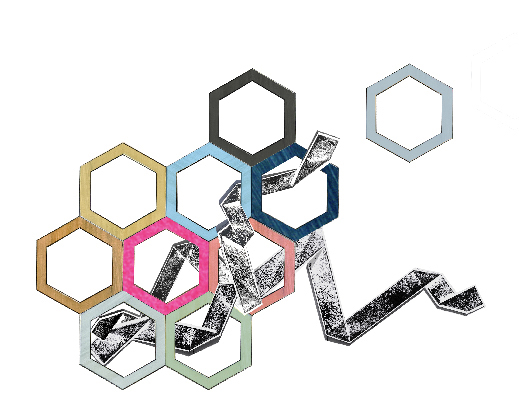
Coronavirus and climate change are both global crises. They reveal our interconnectedness as humans, and that for our survival, we depend on the actions of others. Indeed coronavirus is the first check that neoliberal consumerist growth economics has had in more than 50 years. The economic sudden stop it has created has revealed how modern economies are wired (globalised, growth-obsessed, limited ethics). With the pause in industrial activity, satellite images have shown significantly reduced emissions and air pollution. Naturally, scaling down energy use and industrial production does have ecological benefits, yet in the corona crisis this is happening in a chaotic way without an eye on future planetary security. A recent research report from Penn State has shown that in the fashion sector this is already hitting the most vulnerable the hardest, with a devastating effect on factory workers as brands cancel or postpone production orders – refusing, in many cases, to pay for clothing their supplier factories have already produced.
At the same time, coronavirus is teaching us lessons about the nature of our governments’ responses: our elected bodies have shown us that they can spend freely when they want to; that the economy can be turned towards society’s needs; and that this can happen quickly and decisively.
The pandemic is also teaching us the importance of not looking away from the underlying, systemic issues that dogged the fashion sector before corona and that will still be there afterwards, whatever the format of future industry. Now is the time to ‘stay with the trouble’ of overhauling growth logic, the single largest impediment to transforming the fashion sector, and to devise a planned approach to revitalising a sector that is equitable, just, long-term and is based on putting Earth first.
As we redevelop the fashion economy to adjust to a fossil fuel-free world which inevitably requires a reduction in materials demand, to a world that places far greater value on local resilience, on a plurality of different ways of providing for and expression fashion, we must not go back to the status quo ante. ‘Normal’, as Greta Thunberg said recently, ‘was a crisis’. And growth logic was part of this crisis. Perhaps now more than ever, that we must not revert to the old ways, to familiar or prescribed narratives or ‘solutions’. Instead we need to deal in discomfort and uncertainty, and to stay with the trouble of building a new logic for the fashion sector, a new Earth Logic, that will bring us deep and lasting change.




1 Comment
It still shocks me at how poorly the fashion industry responded to the global pandemic. With #payup trending, it was dreadful. The only positive is that it has caused more individuals to become aware of the negativities surrounding the fashion industry.